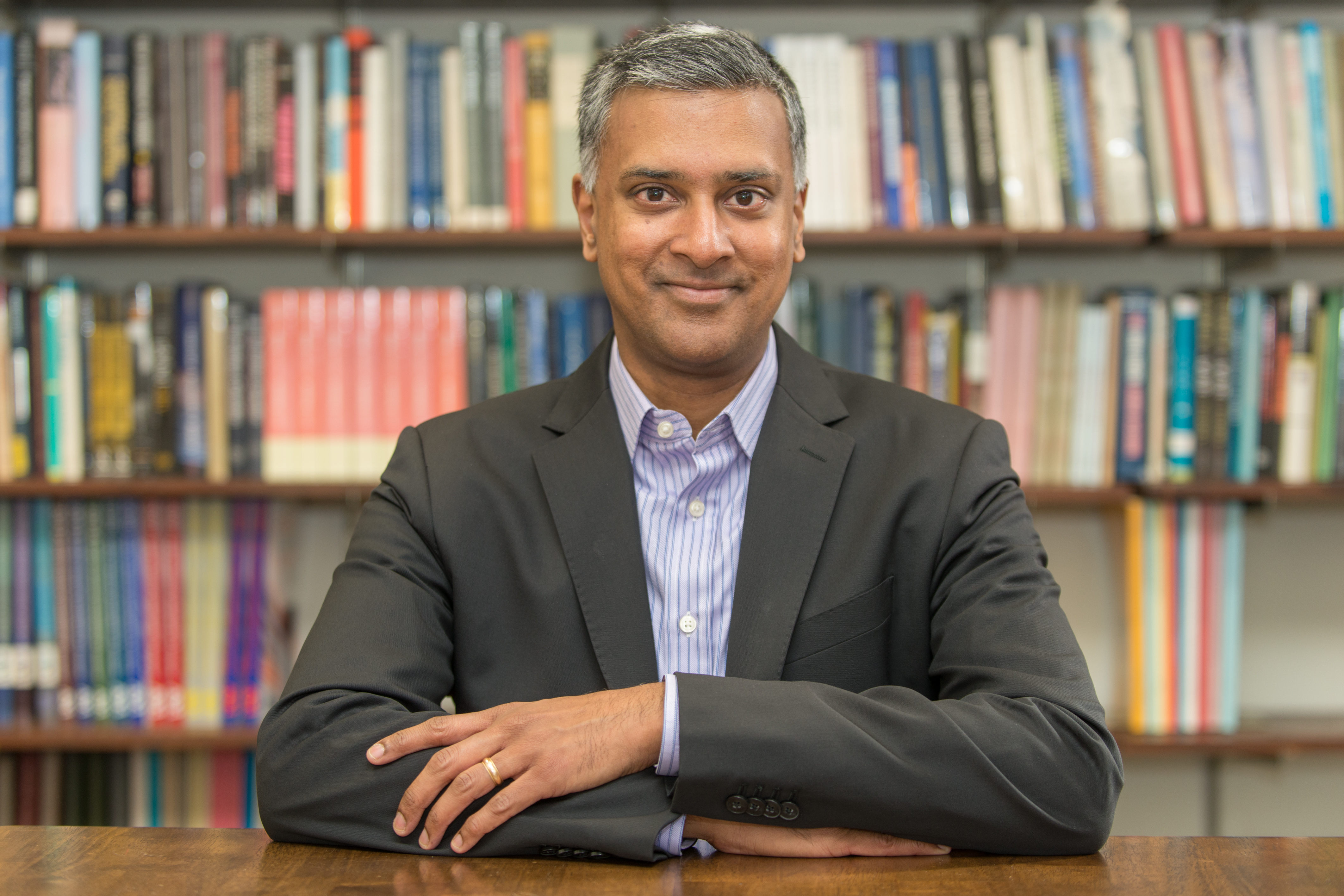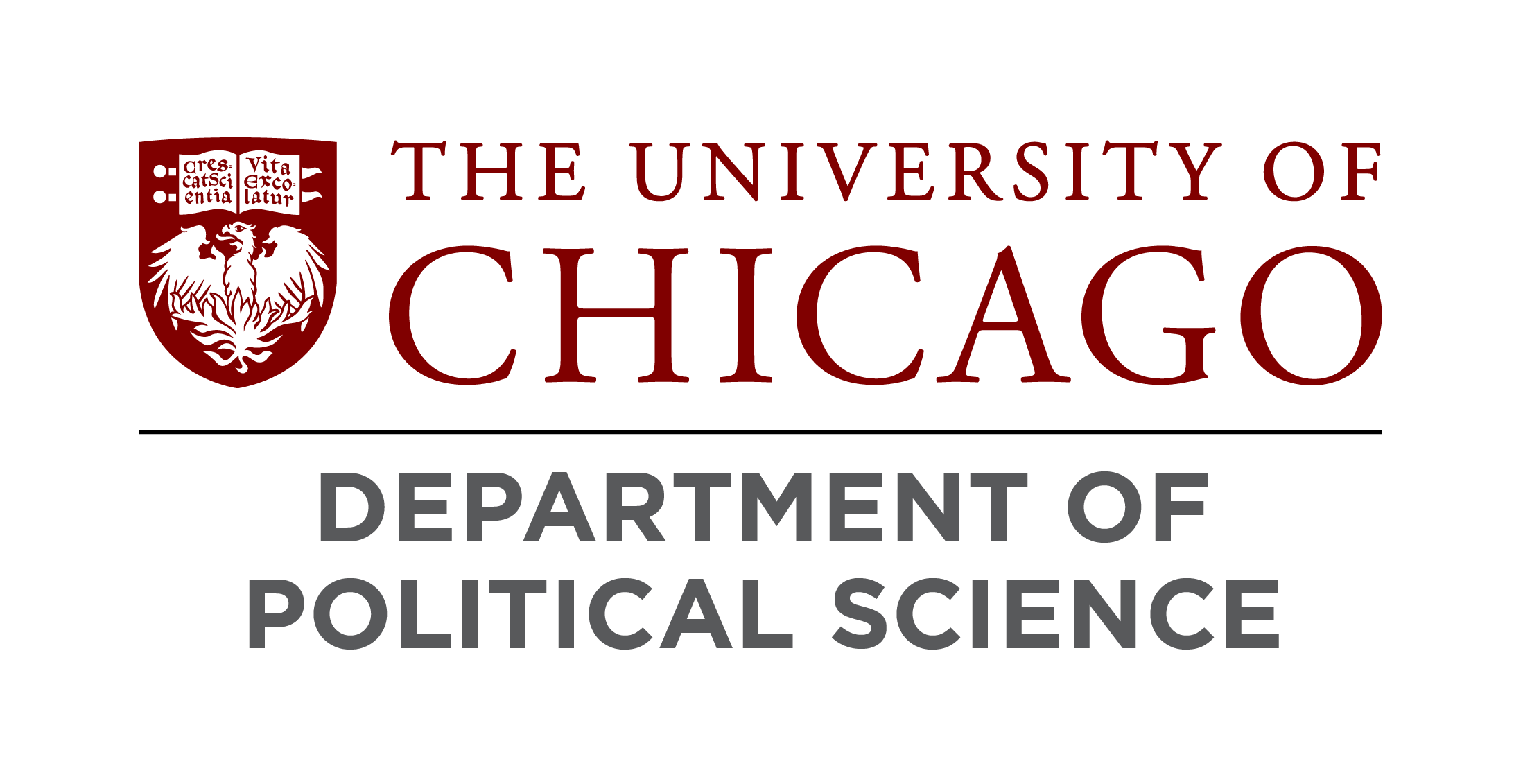
Sankar Muthu is an Associate Professor of Political Science at the University of Chicago. His research and teaching interests in political theory and the history of political thought focus especially upon Enlightenment ideas and their legacies. He writes about the political theory of thinkers such as Rousseau, Diderot, Grégoire, Hutcheson, Adam Smith, Kant, Herder, Schiller, and Cugoano.
Muthu is the author of Enlightenment Against Empire (Princeton UP) and the editor of (and contributor to) Empire and Modern Political Thought (Cambridge UP). He has published essays in journals such as Political Theory and Social Research, and he has contributed chapters to books such as Cosmopolitanism and the Enlightenment (Cambridge UP), The General Will: The Evolution of a Concept (Cambridge UP), and Kant and Colonialism: Historical and Critical Perspectives (Oxford UP). He is currently researching and writing two books on Enlightenment political thought: (1) Global Oppression and Enlightenment Resistance, which concerns Enlightenment-era philosophical analyses of global connections (such as travel, trade, communication, and exchange), cosmopolitan society, transnational oppression, and transcontinental institutions (including networks of slavery and joint stock trading companies); and (2) Inhuman Humanity in Enlightenment Political Thought, which investigates the manner in which humanity and inhumanity (or de-humanization) are related to one another across an array of French, German, Scottish, and English texts of the mid to late eighteenth century.
Over the past several years, he has presented papers or given lectures on one or both of these ongoing projects at (among other places): the University of Oxford (conference on ‘Slavery in British Political Thought’); the Einstein Forum and Humboldt Forum in Potsdam and Berlin (conference on ‘Enlightenment in the World’); the Columbia University Seminar in Eighteenth-Century European Culture; Princeton University (conference on ‘Fighting Words: Polemical Literature in the Age of Democratic Revolutions’); the Wissenschaftskolleg zu Berlin; the Academia Sinica (Taipei); in Kandersteg, Switzerland for the NYU Remarque Institute’s symposium on ‘Europe’s Encounters with Eighteenth-Century World Cultures’; and the Benedict Lecture in Political Philosophy at Boston University, as part of a conference on ‘Early Modern Philosophy and Slavery’.
 THE UNIVERSITY OF CHICAGO
THE UNIVERSITY OF CHICAGO

